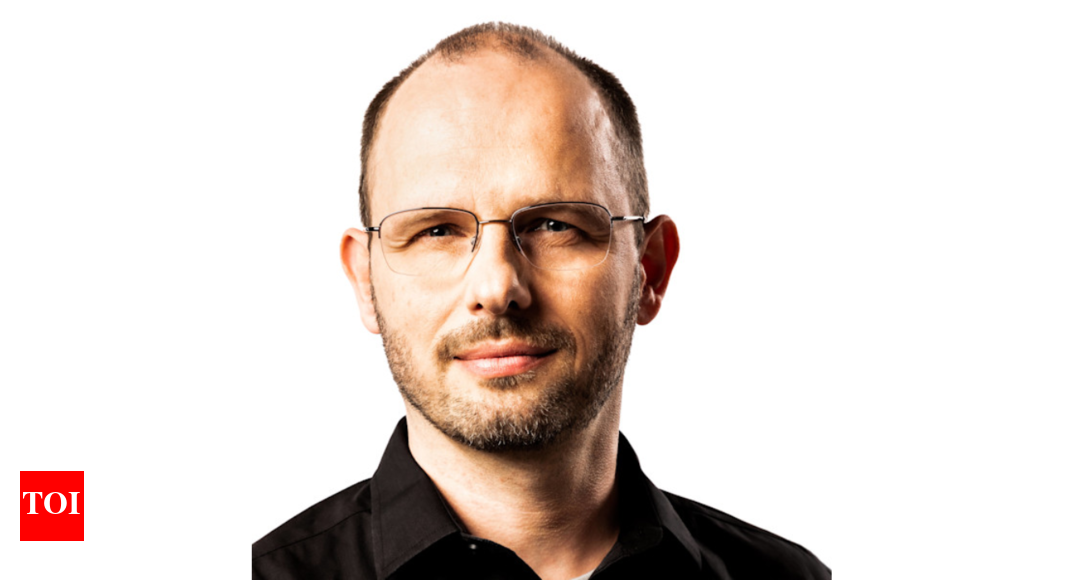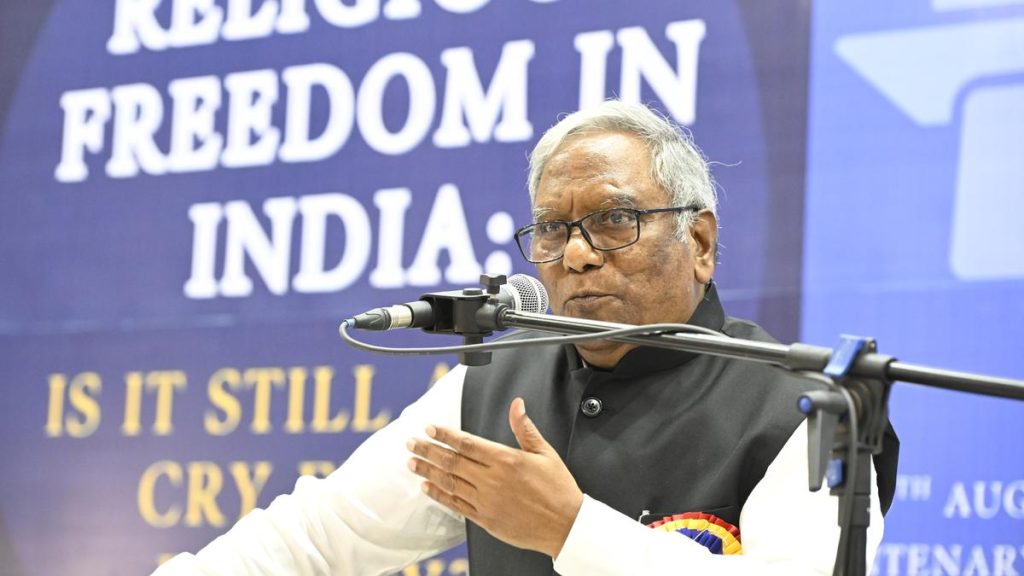Now Reading: Thomas Dohmke: The German Engineer Driving GitHub’s AI Revolution
-
01
Thomas Dohmke: The German Engineer Driving GitHub’s AI Revolution
Thomas Dohmke: The German Engineer Driving GitHub’s AI Revolution

Swift Summary
- Academic Background:
– Thomas Dohmke began his engineering journey at Technische Universität Berlin in 1998, studying “Technische Informatik,” combining software programming with hardware systems design.
– Pursued a Ph.D. in Mechanical Engineering (2003-2008) from the University of Glasgow, focusing on test-driven advancement for control system design.
- Professional Career:
– Worked at DaimlerChrysler (2002-2006) as a systems engineer, designing automotive control systems for advanced driver assistance features.
– led software teams at Robert bosch GmbH (2007-2008), innovating parking assistance and safety technologies.
- Entrepreneurship and Microsoft:
– Co-founded HockeyApp in 2008 to streamline mobile app testing processes; later acquired by Microsoft in 2014.
– Played key roles within Microsoft, including facilitating its strategic acquisition of GitHub.
- GitHub leadership:
– Became CEO of GitHub in November 2021. Spearheaded initiatives like Copilot,an AI coding assistant aimed at empowering developers globally.
- Vision for AI & Education:
– Promotes early coding education and envisions artificial intelligence as an empowering force that lowers barriers to entry into software development.
Indian Opinion Analysis
From an Indian viewpoint, Thomas Dohmke’s leadership exemplifies how technical excellence combined with entrepreneurial ingenuity drives global innovation. As the CEO of github – a platform heavily relied upon by millions of Indian developers and tech professionals – his focus on AI-powered tools like Copilot is particularly relevant for India’s rapidly growing IT ecosystem. Tools that simplify coding could democratize access to high-quality programming education across urban and rural divides.India stands poised to benefit from such developments through enhanced productivity among its vast developer base while addressing critical skill gaps through early programming education advocacy. With GitHub’s sustained emphasis on collaboration and inclusion under Dohmke’s leadership, it may also help foster a culture where Indian programmers contribute more prominently to global open-source initiatives. His story serves as inspiration-reminding us how interdisciplinary expertise can drive innovation even amidst changing technological landscapes.

























